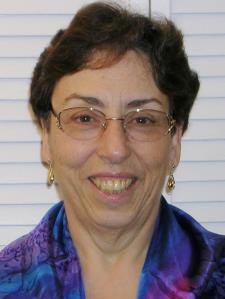Your question has many parts, and I will address each in turn:
The Hebrew work week is six days not five. The first day is Sunday, called Yom Rishon. It means first day. As you surmised, each is the following days are named Yom Scheni, Yom Shlishi, Yom Revi-I, Yom Chamishi, and Yom Shishi. Saturday is Shabbat or Yom Shabbat. The names are taken directly from The story of creation in Genesis and simply mean second day, third day, etc. Shabbat, the seventh day, is the day God rested from the work of creation. The name means to cease productive work. You are correct that the letters chet and chaf are pronounced like the ch in Bach and not like the ch in choose. The reason for the two pronunciations of Yom Kippur is that there are two different pronunciations of Hebrew called Ashkenazi and Sephardic. What most American Jews, like your culturally Jewish friends, use is the Ashkenazi pronunciation because that is the way it was pronounced by the Jews of Germany and Eastern Europe, from whom most American Jews are descended. However, what is spoken in Israel today and taught in America is the Sephardic pronunciation, which is the one you are using. You can’t say one is right and the other wrong anymore than you can say American English pronunciation is right and British pronunciation is wrong. However, the Sephardic pronunciation is now preferred. There are three main differences, one of which you observed: The emphasis on the second syllable of Kippur, not on the first. The other two result in people saying Shabbos, with the accent at the beginning rather than Shabbat, with the accent at the end. The pronunciation of the vav as the o in open rather than as yarn is correct..





